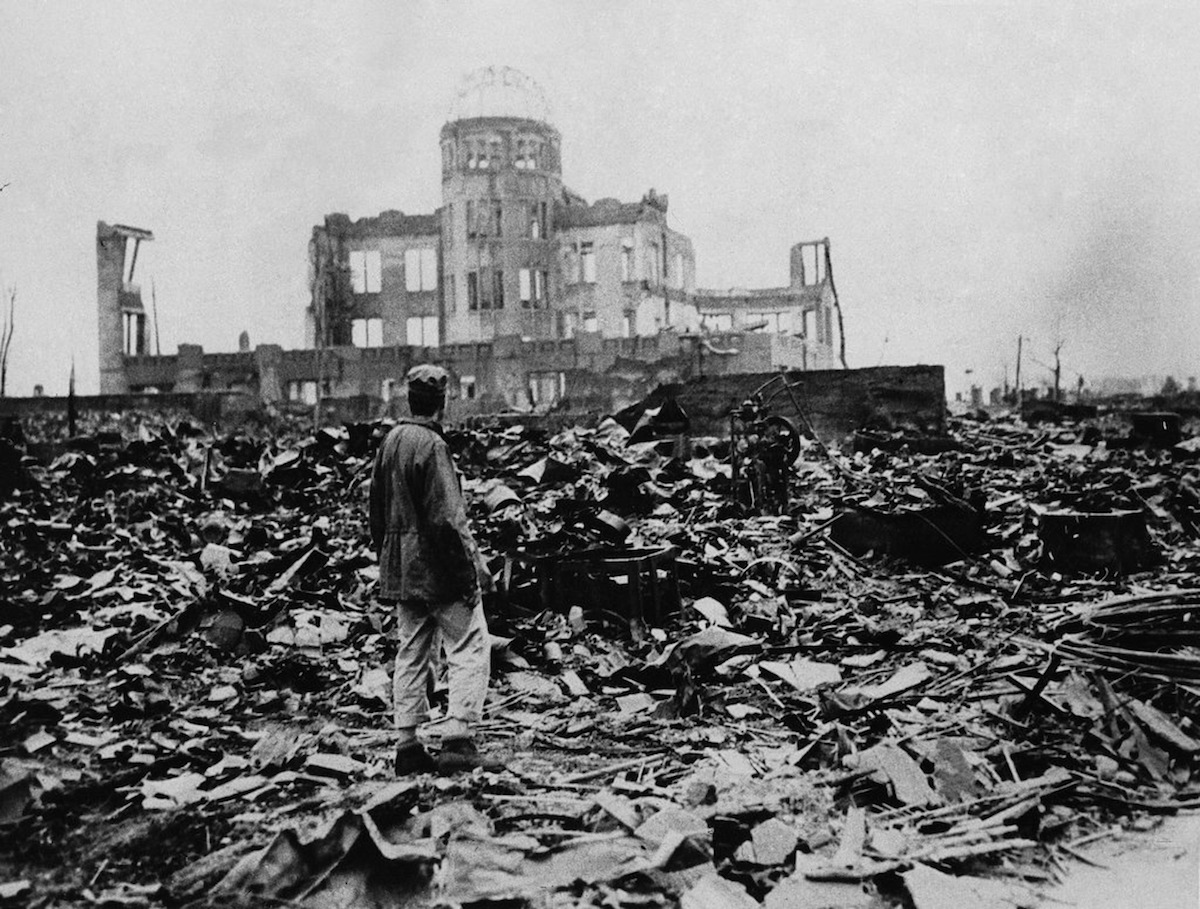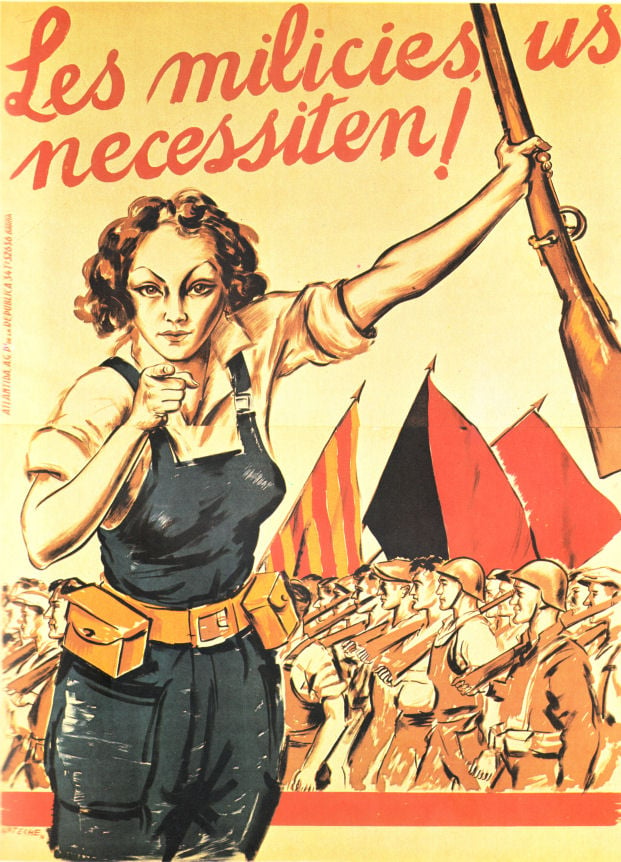- cross-posted to:
- [email protected]
stahmaxffcqankienulh.supabase.co
- cross-posted to:
- [email protected]
U.S. Nukes Hiroshima (1945)
Mon Aug 06, 1945
Image (NSFW):

Image: A lone man looking at a huge expanse of ruins left by the explosion of the atomic bomb on August 6th, 1945, in Hiroshima [buzzfeednews.com]
On this day in 1945, the U.S. military dropped a nuclear bomb on Hiroshima, instantly killing at least 80,000 people - mostly civilians - and tens of thousands more over the following weeks. The U.S. censored images of the bombing until 1952.
Eye-witness accounts of the bombing’s aftermath depicted a kind of apocalyptic horror: Father Wilhelm Kleinsorge, a German Jesuit priest, encountered a group of soldiers whose “faces were wholly burned, their eye-sockets were hollow, the fluid from their melted eyes had run down their cheeks… Their mouths were mere swollen, pus-covered wounds, which they could not bear to stretch enough to admit the spout of the teapot.”
Dr. Michihiko Hachiya, a survivor, spoke of “streetcars were standing and inside were dozens of bodies, blackened beyond recognition. I saw fire reservoirs filled to the brim with dead bodies who looked as they had been boiled alive”.
President Harry Truman made the case to the public that the bombings of Hiroshima and Nagasaki as a necessary and humanitarian means of forcing Japan’s surrender. This view was not held, however, by military commanders or leftist American dissidents.
Once American forces had Japan under military control, they imposed censorship on many images related to the U.S. bombing campaign. Among the images banned was a picture of a partially incinerated Nagasaki child, taken by Japanese photographer Yōsuke Yamahata. These restrictions were not lifted until 1952.
Among the first Americans to denounce the bombing were socialists such as the Trotskyist James P. Cannon, who publicly denounced the use of nuclear weapons as “an unspeakable atrocity”.
The dissent of military commanders was not public, however. In 1950, Admiral William Leahy, Truman’s chief of staff, wrote: “The use of this barbarous weapon at Hiroshima and Nagasaki was of no material assistance in our war against Japan”. In his memoirs, President Eisenhower, then General of the Army, confessed that “dropping the bomb was completely unnecessary”.
- Date: 1945-08-06
- Learn More: www.wsws.org, en.wikipedia.org, www.dukeeastasianexus.com.
- Tags: #Terrorism.
- Source: www.apeoplescalendar.org


Especially since the Japanese government were fascist who would literally hunt down and assassinate anyone having to do with socialism.
I would normally try and make attempts to distinguish between a people and it’s state, but the history of empirical Japan basically makes that impossible. The citizen population were just as bloodthirsty as the state leaders, throwing riots because they didn’t think the military were doing enough war crimes in China.
Imo it’s hard to feel bad for the working class of Japan when 30k of the people killed by the blast were Koreans being used as slave labour.
Hiroito was never judged by those crims. I suspect that fight against fascism was not, and never has been, a priority of the U.S.